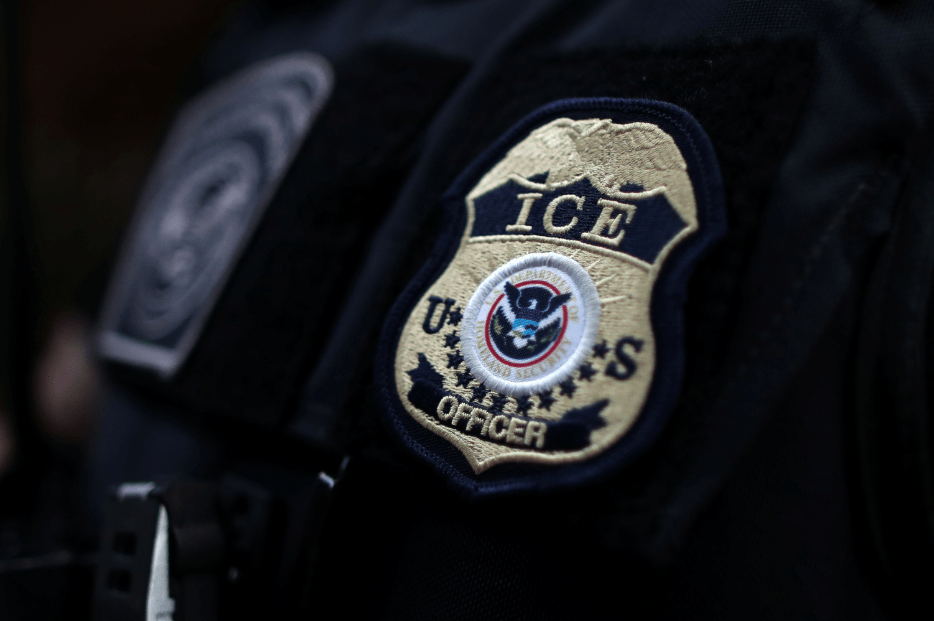In his first week back in office, President Donald Trump has reignited his signature immigration agenda, resulting in a significant surge in Immigration and Customs Enforcement (ICE) operations. Over 3,500 arrests were made in just five days, a stark contrast to recent trends under the Biden administration, which saw an average of approximately 310 arrests per day involving noncitizens with criminal convictions or charges.
According to ICE, Monday marked the highest single-day total of arrests during this clampdown, with 1,179 individuals detained. The previous days saw similarly high numbers: 538 on Thursday, 593 on Friday, 286 on Saturday, and 956 on Sunday. The multi-agency operation is part of a broader effort to fulfill Trump’s campaign promise to secure the U.S.-Mexico border and clamp down on illegal immigration.
Policy Shifts and Legislative Push
President Trump wasted no time implementing controversial policies through executive orders. These include reinstating the “Remain in Mexico” policy, broadening ICE’s authority to make arrests in sensitive locations like schools and churches, and calling for the designation of drug cartels as terrorist organizations. Additionally, Trump declared a national emergency at the border, prompting the deployment of 1,500 troops to enhance monitoring and detection efforts.
The administration’s actions have also sparked legislative activity. Republican lawmakers have introduced immigration-focused bills, including the Laken Riley Act, which mandates the detention of undocumented individuals arrested for certain crimes. Arizona, in particular, has seen an intensified focus on immigration, with state leaders proposing measures to align local law enforcement with federal efforts.
Local Leaders Divided
The crackdown has drawn mixed reactions from local officials. Phoenix Mayor Kate Gallego criticized the policies, stating her police force would not assist with federal deportation operations. Similarly, Pima County Sheriff Chris Nanos expressed disapproval of the Justice Department’s directive to investigate state and local officials interfering with federal enforcement, calling it an unnecessary distraction from addressing serious crimes.
Conversely, Cochise County Sheriff Mark Dannels welcomed the declaration of a national emergency, emphasizing the benefits of increased resources and personnel for border enforcement. Arizona Senate President Warren Petersen introduced the Arizona ICE Act to compel county sheriffs to collaborate with federal immigration authorities.
Broader Implications
Trump’s proposals, such as ending birthright citizenship, are expected to face legal challenges. Despite these hurdles, supporters argue that his policies are necessary to address border security and combat drug smuggling and human trafficking. Meanwhile, critics warn of potential humanitarian consequences and constitutional violations.












